Fremont, CA — Junior Medical Academy (JMA) has been working with Sunrise Village, a local Bay Area homeless shelter, and Laguna Commons, a low-income complex for the formerly homeless. Over a span of ten sessions beginning in March and ending in June, students ranging from kindergarten to sixth grade within these two locations were exposed to the same rigorous yet enjoyable curriculum modified to accommodate for their age group; and they were able to fully comprehend and retain the higher level medical concepts taught.
To help every student completely understand the concepts and ensure participation while a lecture is in place, supplementary activities, use of easy to understand analogies, and games were incorporated. Some of these activities included making clay models of cells to understand cell structure; creating key chains to illustrate the principle of smaller objects creating larger ones; and playing tag to simulate how viral cells and antibody detection functions. Instead of utilizing quizzes and tests that tend to encourage students to memorize and immediately forget what they learned, JMA made use of competitive games such as jeopardy, relay races, and team activities that help test the students without physically putting them through a testing environment. This cultivates interest in the content of the subject at hand instead of inducing a disposable approach to knowledge. Meanwhile, to insure retention of knowledge, cumulative reviews were made in the beginning of each class

Laguna Commons Review Games
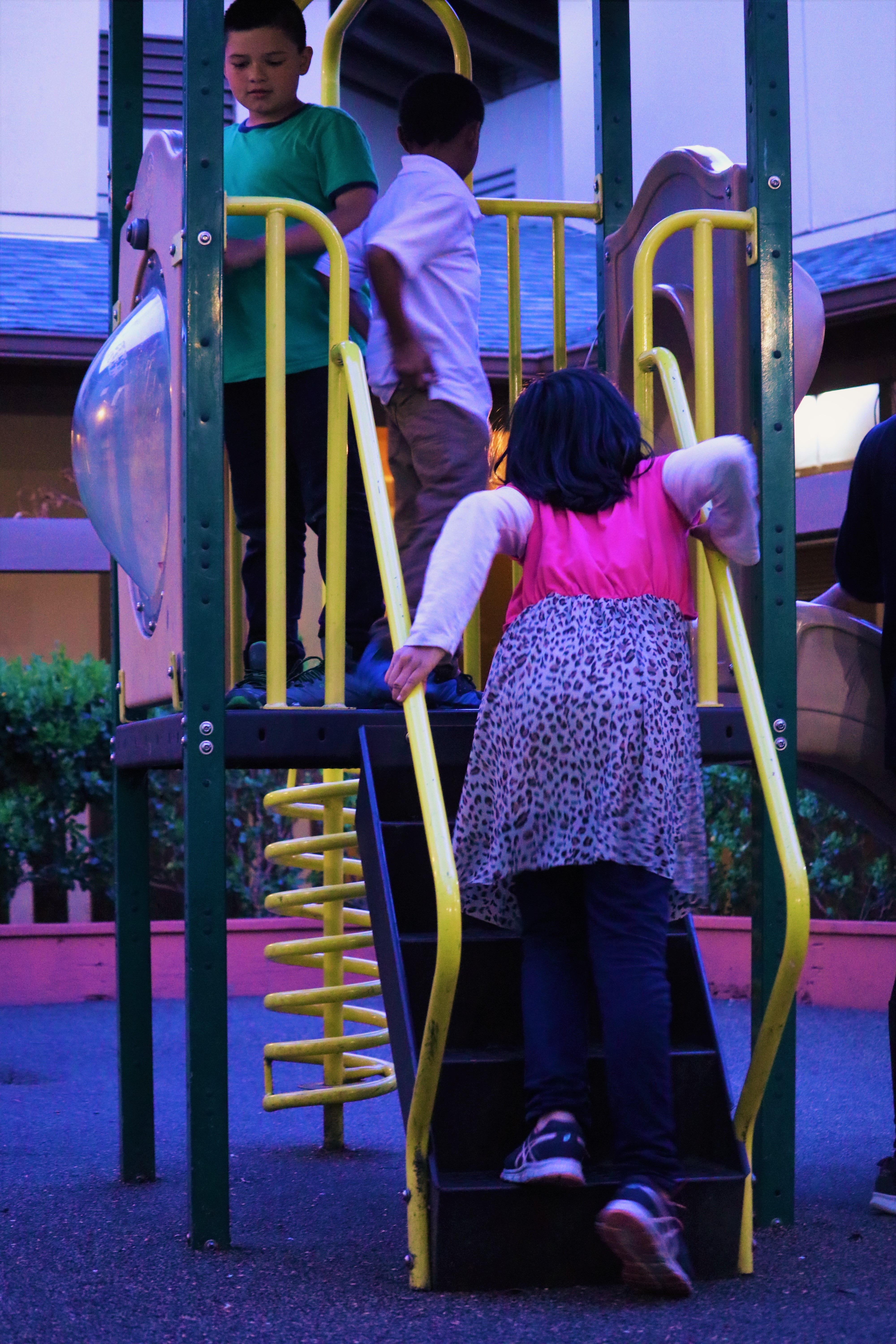
The growth of each student was apparent throughout the program. In the beginning, many students found it difficult to understand the things being taught and maintain their attention on the teacher. However, through working closely with the volunteers, playing the games, and watching the videos, the students displayed great progress. At the very end, students were able to understand how diseases like cancer and Alzheimer’s function and how to apply their knowledge of genetics and viruses to understand how certain cancer treatments work.
Special thanks to the coordinator of JMA’s sessions at these locations: Rhonda and Sam from Abode Services, an organization that works with local governments to provide housing to homeless and formerly homeless individuals and families.
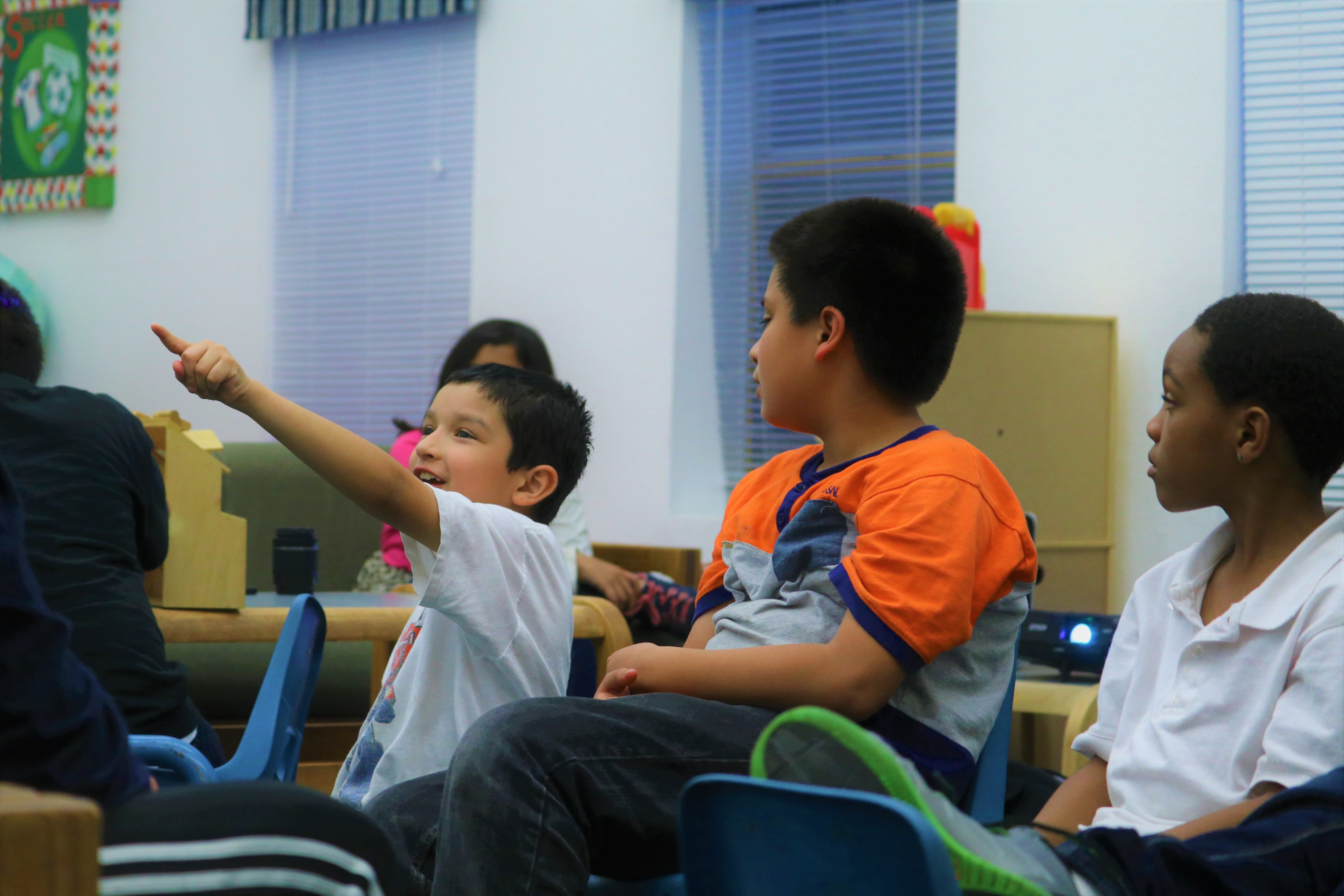
Sunrise Village
While learning about cell types and organelles, an enthusiastic student asks questions and discusses the material being presented.
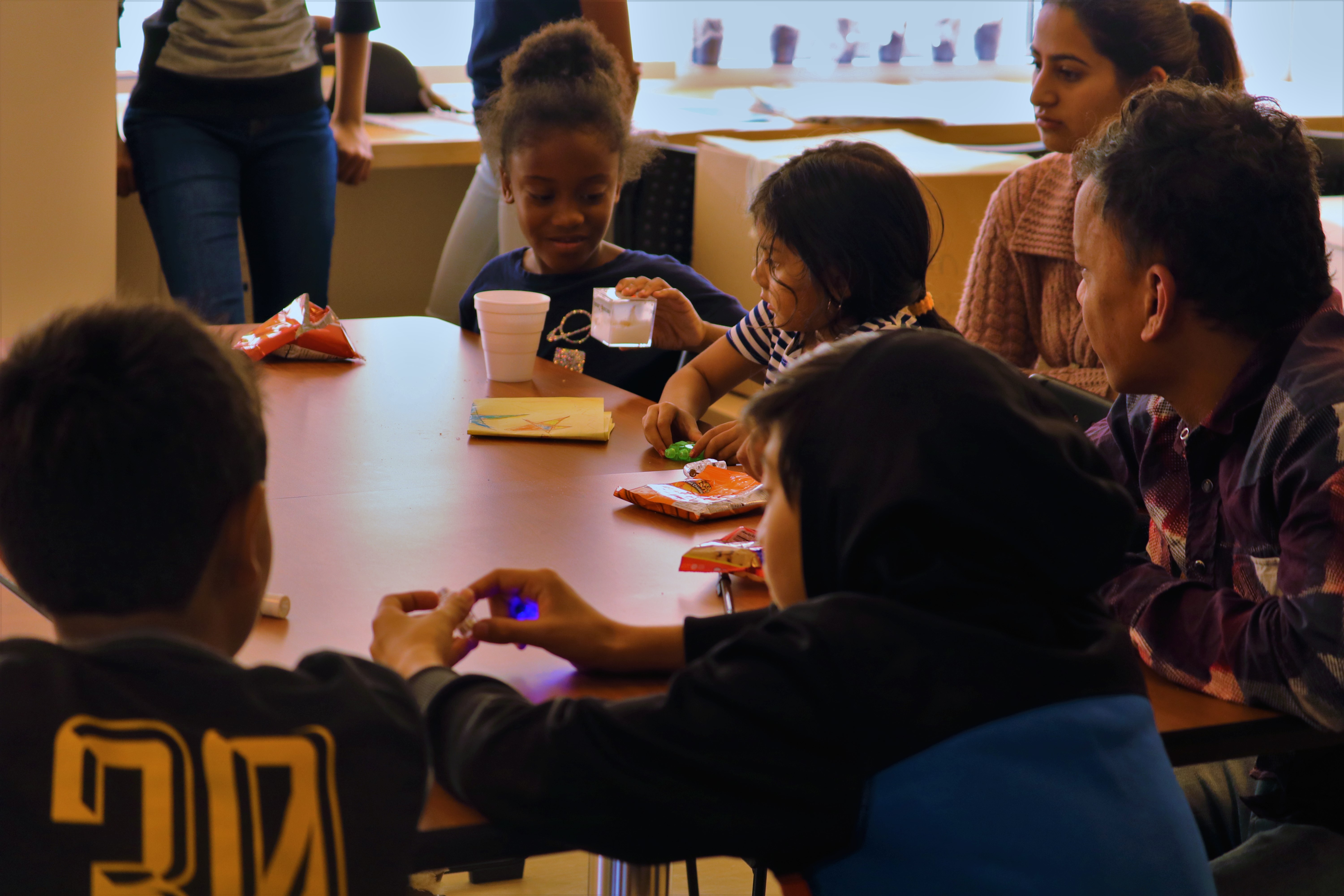
Laguna Commons
The students pass around a model that illustrates the hydrophobic qualities of lipids.


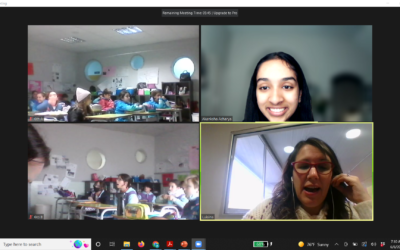
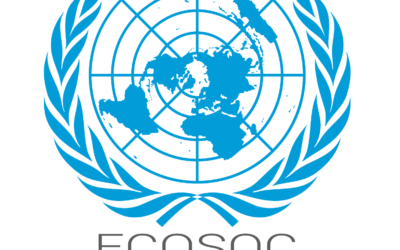
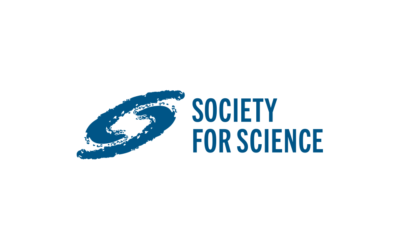
0 Comments